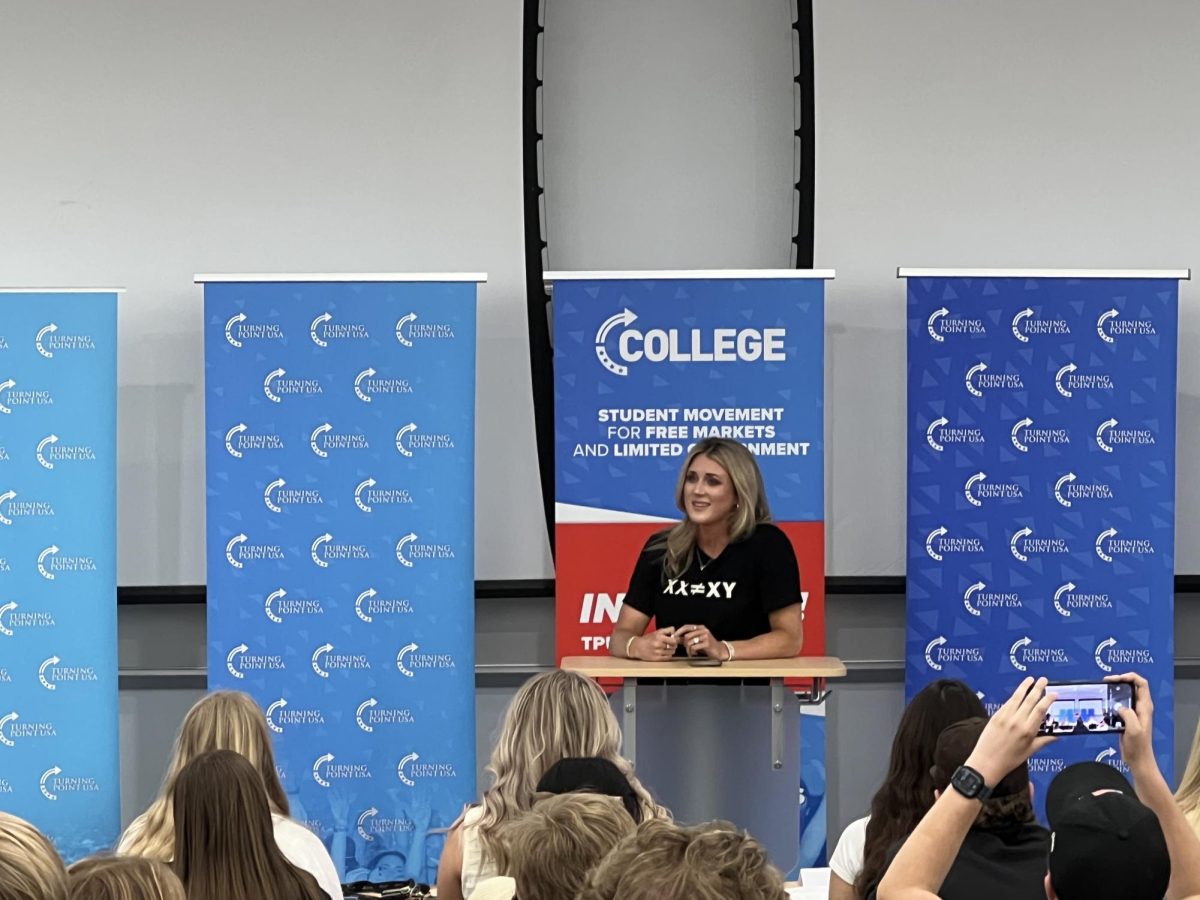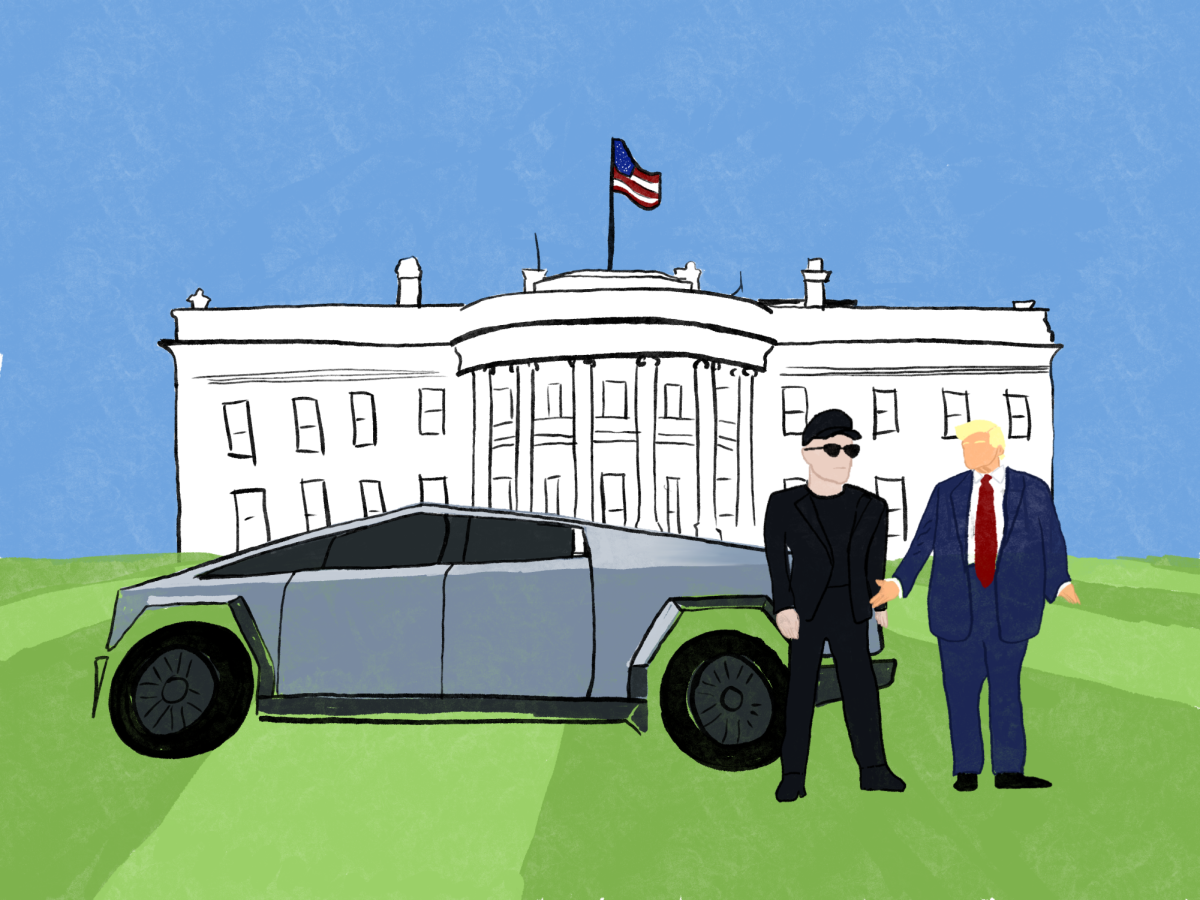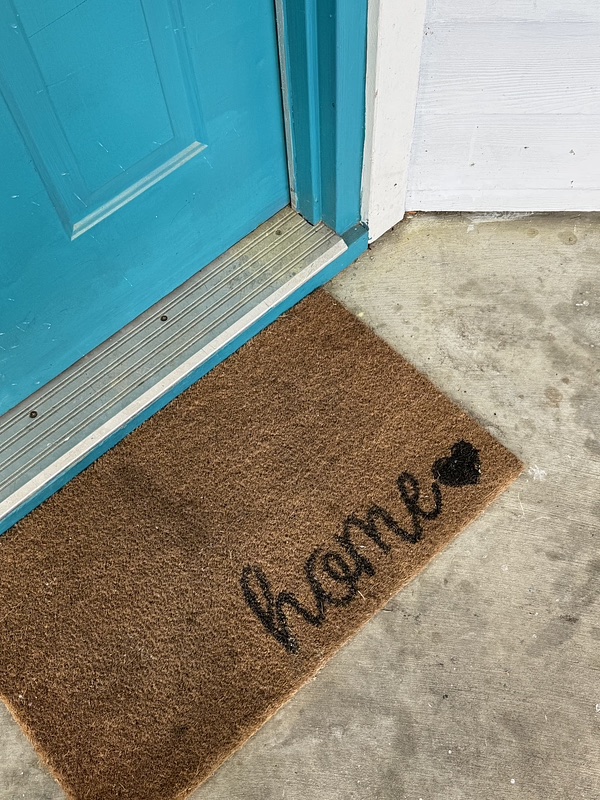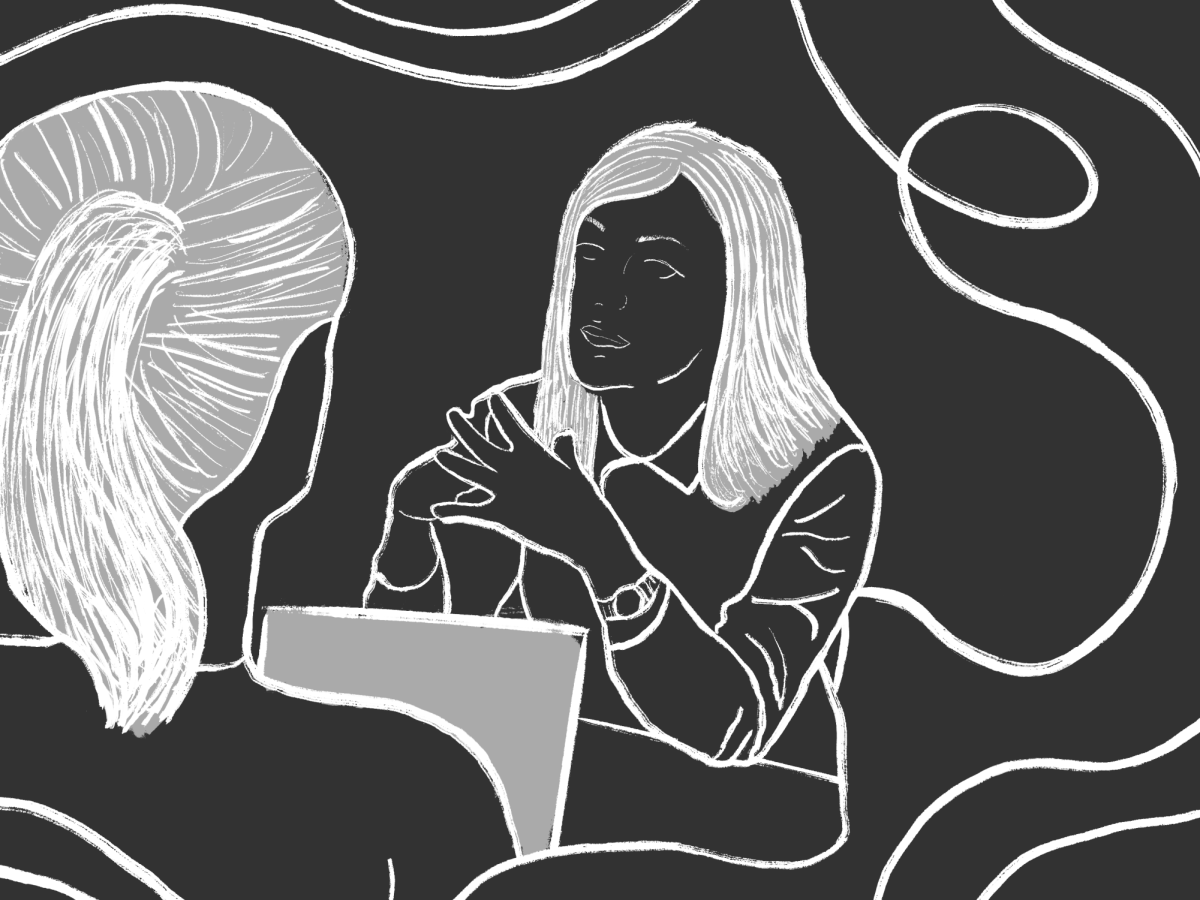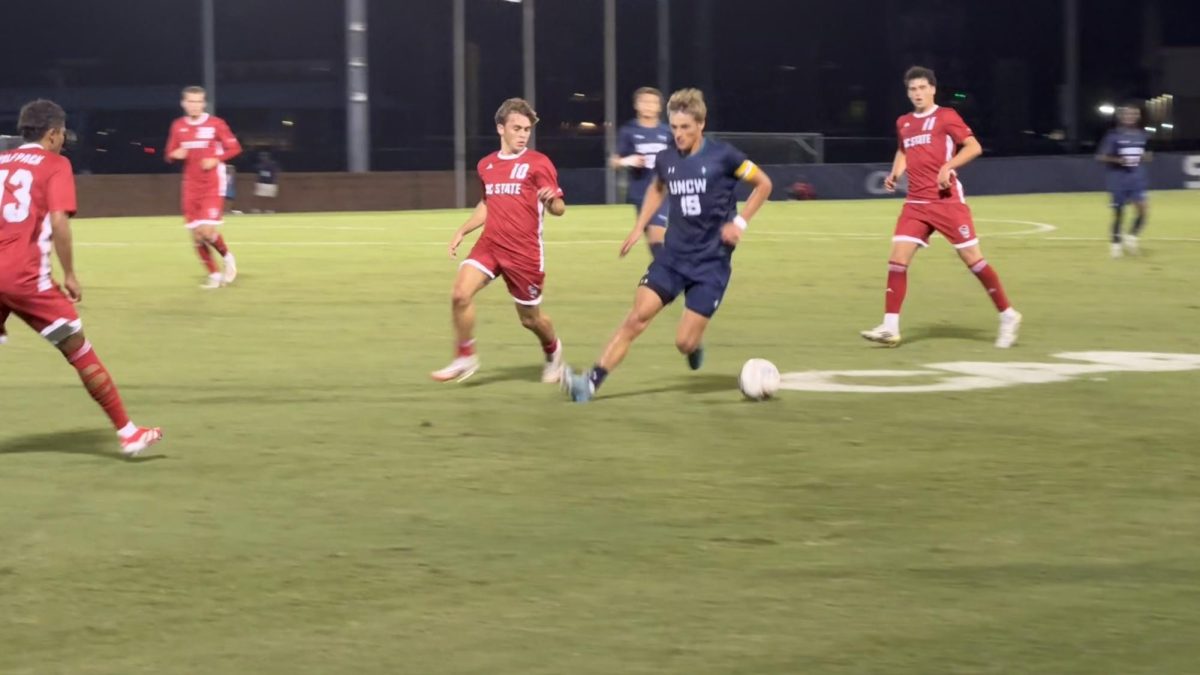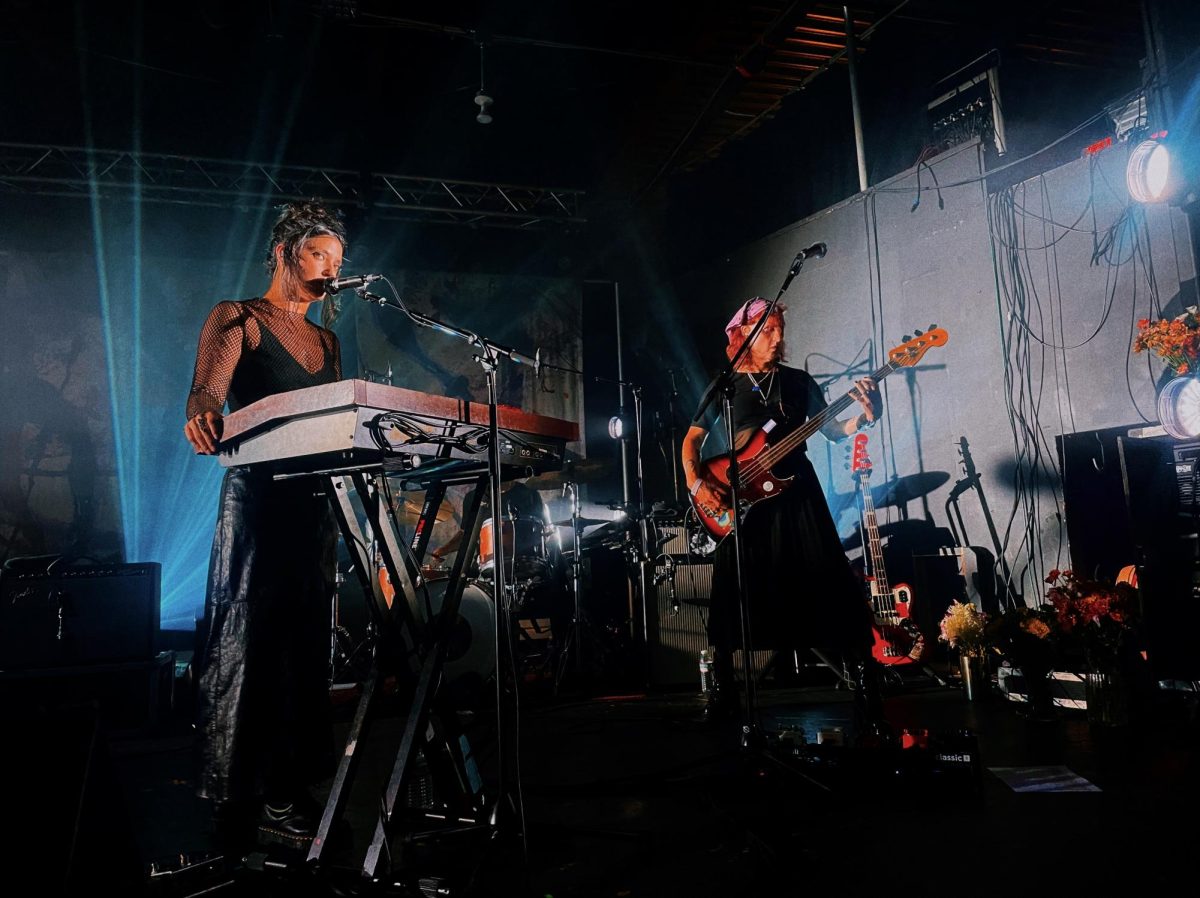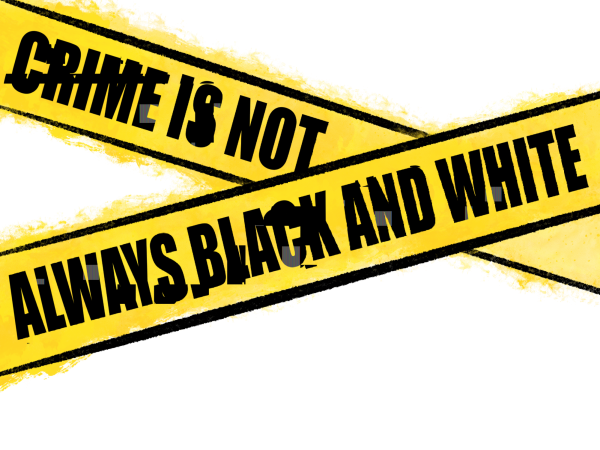
July 1993 marked the opening of a murder trial that would quickly go down as one of the most infamous trials in American history. On Aug. 20 1989, the Beverly Hills, Ca. Police Department were called to the scene of the brutal double murder of Jose and Kitty Menendez inside their home. After a lengthy investigation, police eventually arrested the couple’s two sons, 18-year-old Erik Menendez and 21-year-old Lyle Menendez and charged the brothers with first-degree murder. After an initial mistrial in 1993, a second trial began in 1995 and the two were found guilty and sentenced to life in prison without the possibility of parole.
Now, 35 years after the crime first took place, Lyle and Erik are facing the possibility of freedom. On Oct. 24, Los Angeles County District Attorney, George Gascón, announced that he would be requesting the brothers be resentenced to 50 years to life with the possibility of parole. Under a recent California state law, since both were younger than 26 at the time of the murders, they would be eligible for parole immediately. In his statement Gascon cited the “tremendous amount of public attention” this case has been recently receiving as reason for his decision to reexamine the case.
The infamous case of the Menendez brothers skyrocketed to recent popularity after the release of Ryan Murphey’s “Monsters: The Lyle and Erik Menendez Story,” which debuted on Netflix on Sept. 19. After its release, Erik shared his criticism of the show’s portrayal of him and his brother. Neither of the brothers were involved in the making of this series, however, on Oct. 7 Netflix released a documentary entitled “The Menendez Brothers” which did include recent interviews from the brothers while in prison. After the release of both the show and the documentary, the case quickly blew up on social media with many demanding the brothers release, due to the fact that both brothers claimed they were sexually abused by their father from a young age, and their mother knew it was happening the entire time. It was this sexual abuse that Erik and Lyle said as being the reason for their decision to murder their parents.
However, these claims of sexual abuse are not new information. During their first trial back in 1993, both Lyle and Erik gave emotional testimonies about the years of physical, emotional and sexual abuse they had endured at the hands of their father, which was the backbone of their defense. According to their testimonies, Lyle stopped being abused when he was 8, but for Erik, the abuse continued all the way until he was 18, which he admitted to Lyle days before their parents were murdered. This led to Lyle confronting both Jose and Kitty, which resulted in the two brothers fearing for their lives, as they believed their parents would not hesitate to kill them to prevent their secret from coming out. However, the prosecution argued that the brothers had committed the murders to inherit their parents million-dollar fortune, an argument that was made stronger by Erik and Lyle’s extravagant spending spree following the death of their parents. Unfortunately, the first trial resulted in a hung jury, leading to a mistrial. It was then ruled that for the second trial, the brothers would not be permitted to use the evidence of their abuse—crippling their entire defense strategy.
After watching both the show and the documentary, I find myself echoing the cries coming from social media to let the brothers out of prison. Thirty years ago, all anyone saw when they looked at this case were two rich, privileged young men who wanted to make a quick dime off their wealthy parents; because that is all anyone wanted to see. This is demonstrated by one particularly haunting moment during the documentary, which shows trial footage of Erik giving an emotional testimony regarding the abuse he suffered at the hands of his father, and then immediately transitions into a montage of various late-night talk show hosts expressing their disbelief at the brother’s claims of abuse. At one point the montage shows a clip of Oprah Winfrey who states, “the defense used psychological manipulation of the jurors by putting nice-looking, wealthy young men in sweaters crying on the stand.” The public consensus at the time seemed to be that a wealthy, nice-looking, young man wearing a sweater does not fit the idea of what a “real” abuse victim looks like, so therefore the abuse must all be an act.
Three decades is a long time, and the world has grown and evolved since then. Our understanding of abuse has shifted drastically, and younger generations—particularly Gen Z—have continually demonstrated that they have a more empathetic world view than the generations that have come before them. Abuse victims do not fit into a one size fits all mold, but instead can look like anybody—man or woman, rich or poor. The movement to free the Menendez brothers is not rooted in the belief that murder should be excused and go unpunished, but rather that sometimes a case is more complex than it appears on the surface. The justice system is set up to view crime in a binary way: guilty or not guilty. But cases such as this one demonstrate that this idea is faulty, and sometimes a life sentence is not always the best sentence.
The story of the Menendez brothers speaks to the value of giving a new look to old cases. The same case that gripped the generations before us in the ‘90s has regained popularity in this generation, but for an entirely different reason. Public attention for the brothers has shifted from “lock them up and throw away the key” to “release them immediately,” and the recent announcement from the District Attorney shows that it is actually working. Let the case of Lyle and Erik Menendez serve as a lesson to future generations; a crime is not always black and white, and your voice does matter. If public outcry becomes loud enough then eventually the right people will be forced to listen.











